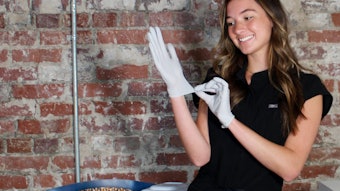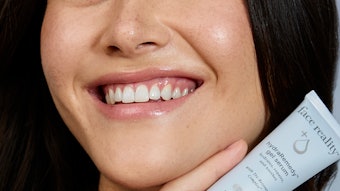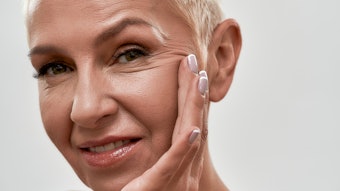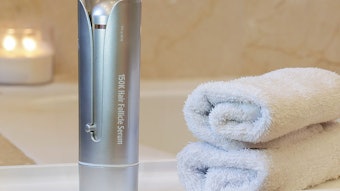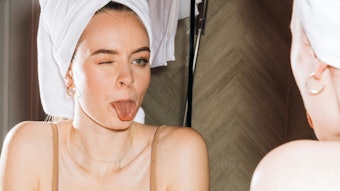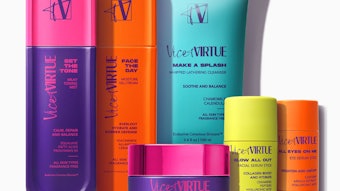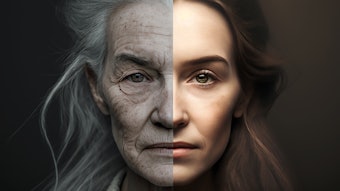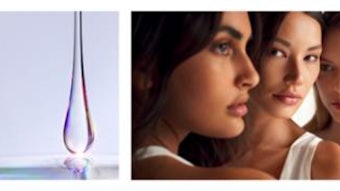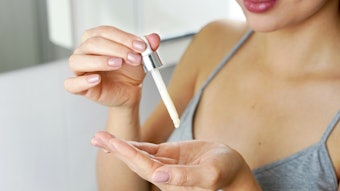
Kim Kardashian, a celebrity that has gained attention for a physique that leaves people wondering what she does, is also known for creating a clothing line, Skims. Its apparel is designed to bring the sculpting to consumers, without the appointment. By using textile technology that shapes a person’s form, Skims has now developed a chin wrap used to define the jawline with its infusion of collagen. But would the wrap truly work without medical interference?
Expert Casts Doubt on the Sculpting Claims
Plastic surgeon Johnny Franco, MD says the wrap probably won’t trigger new collagen growth or sculpt a more defined jawline on its own in comparison to medical devices and injectables that stimulate collagen production, but it could encourage the next step of aesthetic treatments that sometimes gets lost in translation or overlooked: recovery.
The collagen in the fabric likely adds comfort and flexibility, making it easier and more pleasant to wear for longer periods, Franco notes, making it potentially suitable for the healing process post-op and also “shedding” routines. On social media, “shedding” has become a sensational proactive approach to preserve definition and prevent bloating in the morning by wrapping the chin tightly at night, sometimes involving nasal protection wraps and mouth masks.
The Role of Collagen in Comfort, Not Correction
Described on the Skims site as their “first-ever face innovation,” the chin wrap features collagen yarns for jaw support. Collagen wraps work best when used alongside other treatments, not as a one-stop solution, though, Franco says, and adds that chin wraps can help with surface-level issues like swelling, especially when used after treatment, but doesn’t reach deep enough to match the effects of medical procedures.
“When it comes to true collagen growth and skin tightening, deeper treatments from trained providers have a stronger impact than what you get from a fabric wrap,” he explains.
At-Home Tools vs. In-Office Treatments
A 2023 NLM study debates whether online image, like Kardashian's, has led to the commercialization of medical aesthetics. The marketing aspect of aesthetic medicine has been largely impacted by social media fame, with many viewers gathering their information and effectiveness of cosmetic medicine from viral videos and celebrities rather than the clinicians [1].
While the commercialization of aesthetic medicine often promotes incomplete or idealized narratives, Franco notes that this chin wrap could help make these recovery tools more fashionable and mainstream, potentially increasing compliance after surgery and ongoing self-care. While at-home products can complement results, he emphasizes that the most significant transformations still stem from in-office procedures.
“Technology keeps advancing, but we're not at the point where a simple garment matches what you can get from a professional setting,” he says. “If celebrities normalize wearing things like facial wraps, it may help people follow post-op instructions more closely and stick to their recovery plans.”
References:
1- https://pmc.ncbi.nlm.nih.gov/articles/PMC10501744/
